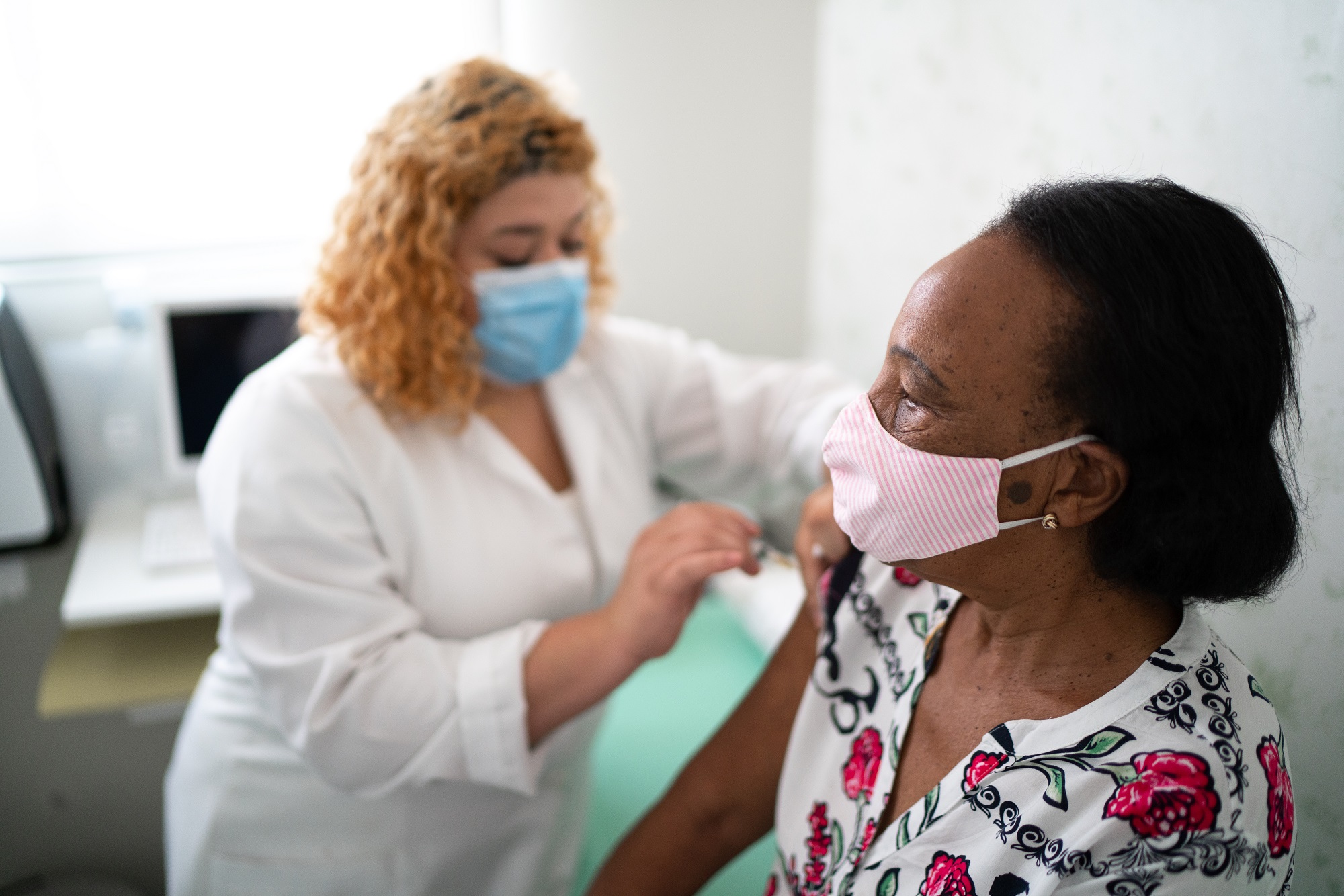Search
You are currently searching within the context of the global site
Search in local site-
ECMO: the machine that breathes for you

Nurse consultant Jo-anne explains how this lifesaving technology is being used to oxygenate the blood of people with severe COVID-19 symptoms
-
Five ways to embrace your inner leader

An RCN forum project encourages all nursing staff to recognise and value themselves as leaders
-
‘Now’s the time to make a difference’

After witnessing the pressures her colleagues were facing during the pandemic, Jennifer Fox was determined to give them support and signed up to become an RCN steward
-
Could cultural activities improve patient health?

A new resource for health and social care professionals explores the clinical benefits of museum objects and activities
-
'I've been given a second chance at nursing'

Hannah’s nursing career was cut short after she experienced a mental breakdown. She shares her encouraging story of hope.
-
How to challenge poor leadership

Sally Bassett from the RCN Nurses in Management and Leadership Forum offers tips on identifying and responding to inadequate leadership
-
Inside a mass vaccination centre

Louise shares a day in her life as clinical coordinator of a COVID-19 vaccination centre in Newport
-
'Inclusivity makes the world go around'

Larissa's workplace inclusion café is empowering nursing staff and improving patient care through discussions on diversity
-
Bee innovative

Digital senior charge nurse Joan Pons Laplana created an award-winning game encouraging NHS staff to get vaccinated against the flu and has adapted it to boost uptake of the COVID-19 vaccine
-
Reflective journal writing: how can it help?

Discover the benefits of writing down your thoughts and how to get started.






